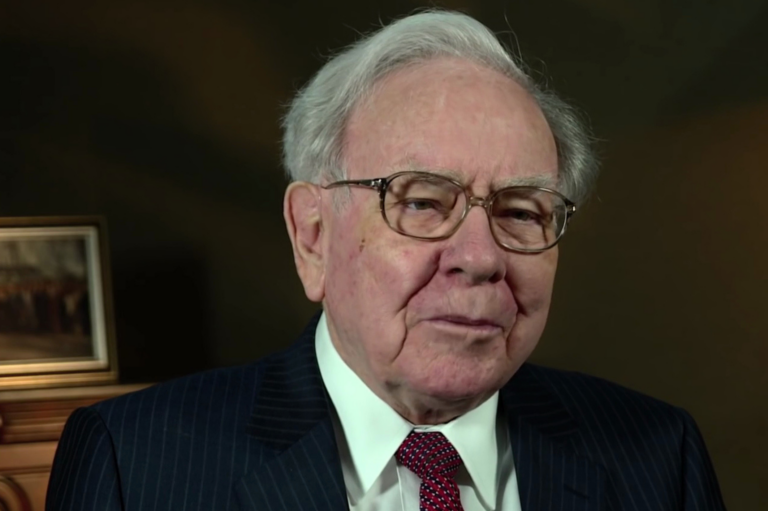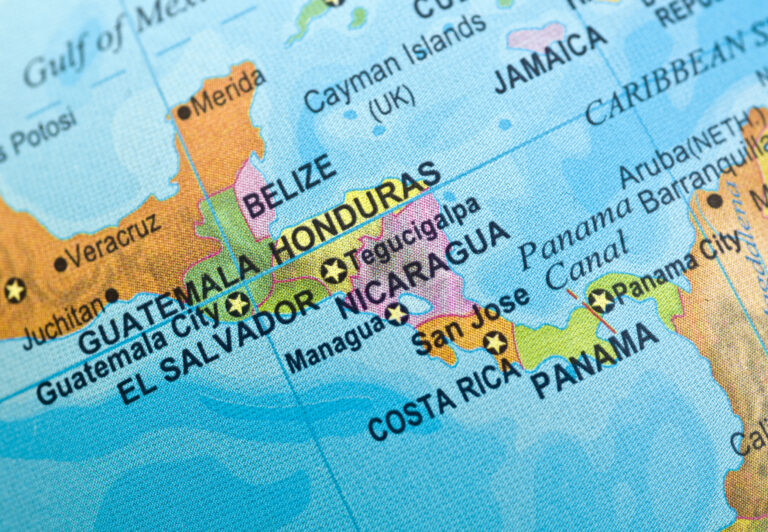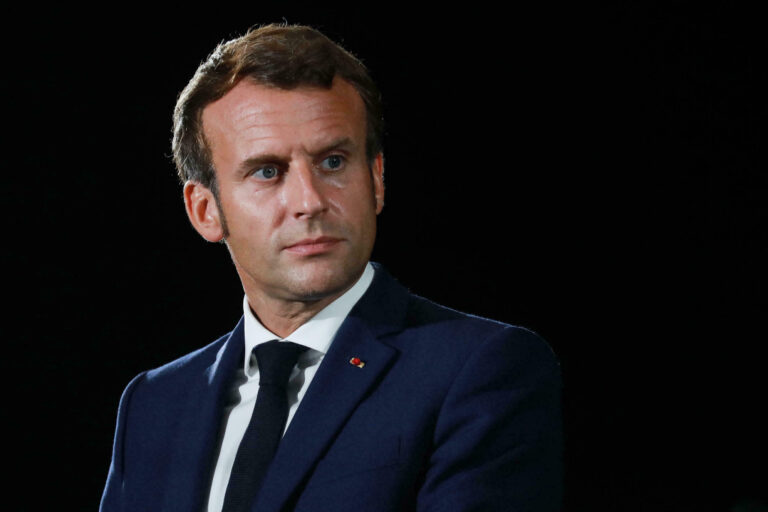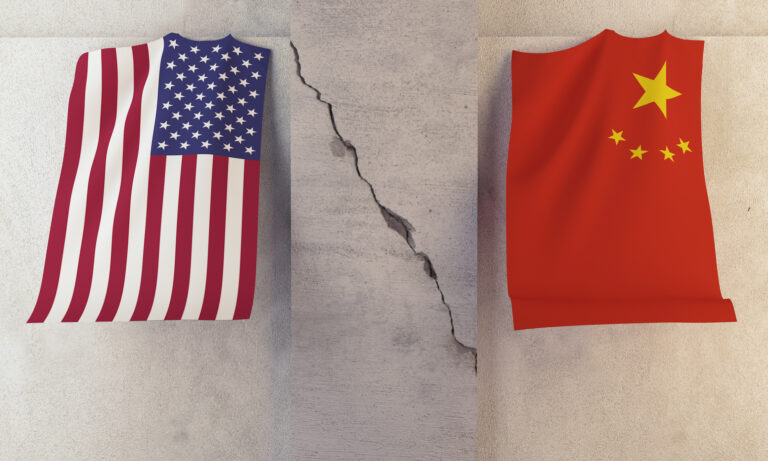In one direction — outbound from China — an exodus of “high net worth” individuals is moving to places like Australia and the United States, an estimated 13,500 in 2023 alone. In the other direction, bound for Beijing, is a steady stream of billionaires with names like Elon Musk and Bill Gates.
It’s easy to understand why the wealthy are fleeing China. President Xi Jinping is a true believer in communism, and the Chinese dictator has been killing off free enterprise there — one billionaire at a time.
China’s wealthiest woman, Whitney Duan, was snatched from her Beijing apartment by the security forces in 2017. Literally hundreds of Chinese billionaires and CEOs have been imprisoned or executed since then.
And it’s getting worse. In mid-2021, Xi announced Common Prosperity, a drive to reduce income inequality. The Chinese know from sad experience how such political campaigns actually work: the poor may or may not be lifted up, but the wealthy will surely be cut down.
Better to relocate in Sydney — or even San Francisco — than face such a fate.
But why would Western moguls still be making pilgrimages to China over the past few weeks?
To be sure, this is nothing new. For more than three decades, Communist Party officials have been enticing Western CEOs with visions of customer lines so long they would encircle the globe.
Except that it wasn’t true. Even before the advent of the one-child policy, the Chinese population was always finite.
Equally false was the idea that China was a huge untapped market for American manufactures. No sooner did American companies open factories in China than their profit margins disappeared. State-subsidized rivals began ripping off their technology, while corrupt officials began demanding payoffs.
Foreign companies who did clear a profit found themselves facing another hurdle: how to get their money out of China. The Chinese Communist Party has always insisted that profits made in China stay in China — and has implemented strict capital controls to keep them there.
“Do not let fat water flow into someone else’s fields,” as the Chinese folk saying goes.
So tell me again, you might say, why did Elon Musk just travel to Beijing? After all, state-subsidized rivals have been copying his designs, stealing his software, and trash-talking his electric vehicles since he opened his Tesla Gigafactory in Shanghai in 2019. Beijing even temporarily halted his expansion plans earlier this year over Ukraine’s use of Musk’s satellite company, Starlink.
Yet in April Musk’s Tesla announced the construction of a new battery-pack factory, also in Shanghai. Because it turns out that one of the premier entrepreneurs of our age has found a partial work-around. The Gigafactory is Tesla’s hub for export manufacturing, meaning that most of the company’s profits are generated (and remain) outside of China.
Yet it’s also clear that Musk, like all capitalists who have invested in China, knows that investment could evaporate overnight. That’s why he has often praised the country’s leadership and even called for Taiwan to become a “special administrative zone” of China.
Musk is certainly not alone in his pandering to the CCP. Free speech advocate though he may be, he understands that China plays by different rules.
Jamie Dimon, the head of JPMorgan Chase, also seems to understand this. America’s biggest bank has long helped to finance China’s rise as a world power. Dimon was in Shanghai last month to continue the effort.
In what must have been music to Beijing’s ears, Dimon argued against the prospective “de-coupling” of the co-dependent economies of China and the United States. Instead, he urged a focus on what he called “de-risking” the relationship.
“You’re not going to fix these things if you are just sitting across the Pacific yelling at each other, so I’m hoping we have real engagement,” Dimon said.
But make no mistake: When Dimon talks about “engagement” and “de-risking,” he’s not talking about changing Beijing’s aggressively hostile policies towards the US. Rather, he wants the US to make concessions to China, including on Taiwan.
Then there is Bill Gates, who spent last week cozying up to China’s dictator.
Now I understand that Elon Musk wants to sell Teslas, and Jamie Dimon wants to sell stocks and bonds, but what in the world was Bill Gates doing in China? He’s not making money, since his software has been mostly banned there. Indeed, he left the country poorer, having handed over $50 million for a medical research program there — while having achieved little more than a seat at Xi’s 70th birthday party.
All of these political pilgrims to Beijing understand that CCP leaders pay lip service to free trade while practicing the opposite. They understand that China welcomes investment, but won’t let investors repatriate their profits. They understand that Chinese companies set up shop wherever they like in the world, but that foreign companies face a hardscrabble existence in totalitarian China.
But most of these trapped capitalists are in too deep to pull out now — as long as the CCP allows them to continue to eke out a profit.
Meanwhile, those Chinese multimillionaires relocating to democracies are not de-coupling either. Most of them still own factories in China that are churning out goods for export. But they are “de-risking” in a very practical way, by putting at least some of their net worth — and loved ones — beyond the reach of rapacious Communist officials.
America should take a lesson from them, and put its entire country beyond the reach of those same officials by decoupling now.
Meanwhile, any billionaire who earns a fortune in America and then supports a totalitarian dictatorship should do some serious soul-searching.
And cancel his next flight to Beijing.
******
An original version of this article appeared in The New York Post on June 24, 2023











